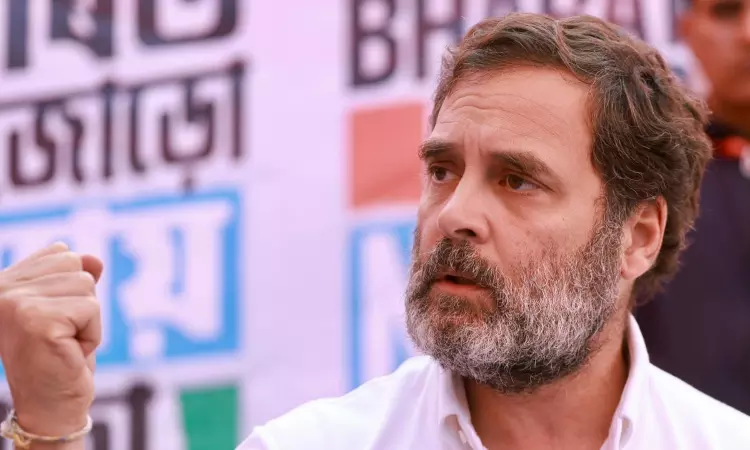The Bombay High Court while granting relief to Rahul Gandhi last week, criticised the complainant - Rajesh Kunte, a worker of the Rashtriya Swayamsevak Sangh (RSS) for unnecessarily protracting the trial and thwarting the Congress leader's right to speedy trial. The case pertains to Gandhi's statement made in a speech made in a political rally in Bhiwandi district during the...

